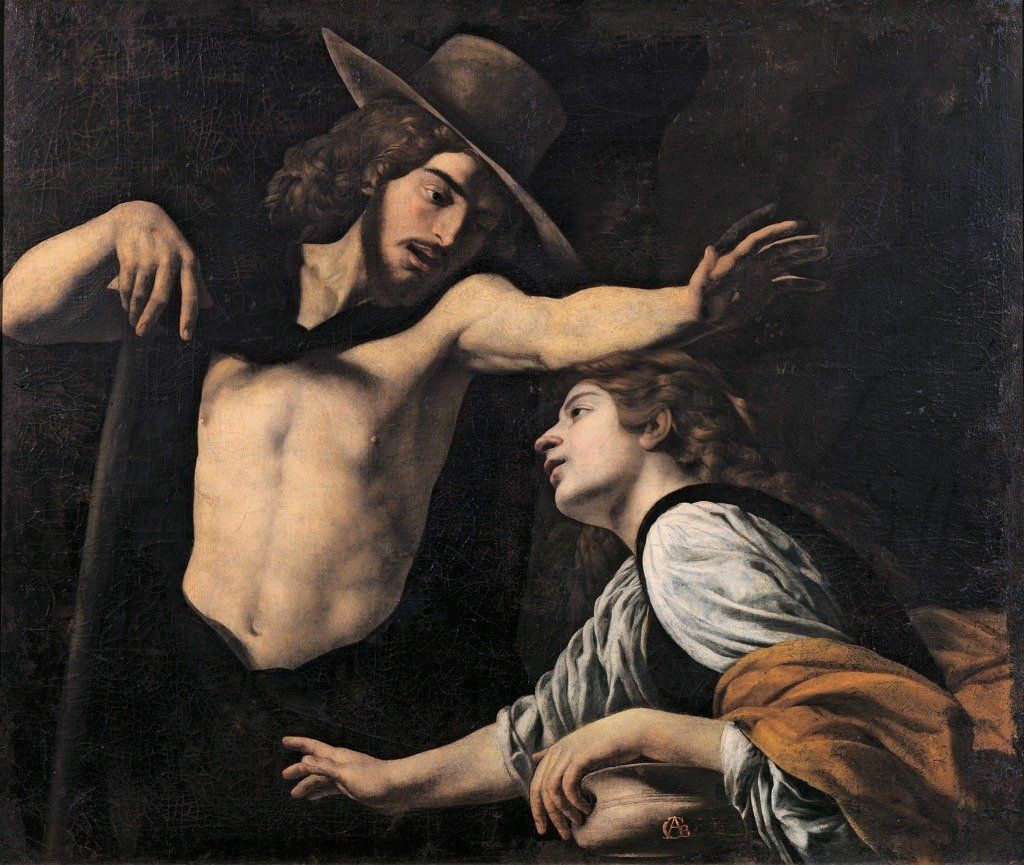Message of Abbot Paul - Easter Tuesday

Message from Fr Paul for Tuesday, 19th April 2022
Each year, after the austerity of Lent, the abbey church is beautifully decorated with flowers and greenery to celebrate the joy of the resurrection of Jesus and the hope of new life. This year, the floral displays are truly magnificent, probably the best we’ve ever had. It’s well worth the effort this week to come back to church and spend time looking closely at the flowers, as well as to say a private prayer of thanksgiving for Easter. Yesterday, being a bank holiday, I decided to take things easy, so apart from the daily Mass and usual offices in church, having lunch with the community and taking Toby out for his walks, I stayed in my room and rested. However, I did have two long conversations with friends in Ukraine. In fact, one began just after Russian missiles attacked the city of Lviv, killing and injuring innocent civilians. This is not the place to give more details, but I was able to assure our friends of your prayers for their safety and for a just end to the war.
---
Our Gospel passage this Easter Tuesday comes from John, (Jn 20: 11-18), and recounts the meeting of Jesus with Mary Magdalene, one of the most beautiful and moving episodes in the Gospels. ”Mary stayed outside near the tomb, weeping. Then, still weeping, she stooped to look inside, and saw two angels in white sitting where the body of Jesus had been, one at the head, the other at the feet. They said, ‘Woman, why are you weeping?’ ‘They have taken my Lord away’ she replied ‘and I don’t know where they have put him.’“ Peter and the beloved disciple had come and gone, after being advised by the women that the tomb was empty and the body of Jesus removed. Mary’s love for Jesus is so deep that she returns to the tomb and remains there, knowing that this is the closest she can be to him, the place where he lay. How precious to us are the places associated with loved ones we have lost. Weeping still, she takes another look inside just in case she missed something and this time sees two angels. They address her as ‘Woman’, in Hebrew, Eve. We are reminded of the Garden of Eden, where life began according to the Book of Genesis and where God addressed Eve as ‘Woman’. Why else would she be weeping if not because the body of Jesus has been taken away? Note that she doesn’t call him Jesus but ‘my Lord.’ For Mary, Jesus is Lord, the Son of God.
With that she turns round and sees a man she takes to be the gardener. “As she said this she turned round and saw Jesus standing there, though she did not recognise him. Jesus said, ‘Woman, why are you weeping? Who are you looking for?’ Supposing him to be the gardener, she said, ‘Sir, if you have taken him away, tell me where you have put him, and I will go and remove him.’” Now the sun might have been shining in her eyes, blinding her, or she just couldn’t see through her tears, but then it’s a strange but common phenomenon that the disciples don’t recognise Jesus after his resurrection. It’s as though they have to start all over again. Think of Cleopas and his companion on the road to Emmaus or the eleven fishing once again on Lake Galilee. Jesus also addresses her as ‘Woman’ as he did his mother, who stood at the foot of the cross. She doesn’t recognise his voice, but then she is distraught with her weeping. She thinks the gardener might have taken him away, but why would the gardener do that, if he were already in a tomb? Sorrow affects our thinking and she is desperate to see Jesus, to find his dead body.
Then Jesus speaks her name, he calls her, ‘Mary.’ “Jesus said, ‘Mary!’ She knew him then and said to him in Hebrew, ‘Rabbuni!’ – which means Master. Jesus said to her, ‘Do not cling to me, because I have not yet ascended to the Father. But go and find the brothers, and tell them: I am ascending to my Father and your Father, to my God and your God.’ So Mary of Magdala went and told the disciples that she had seen the Lord and that he had said these things to her.” Jesus calls her by her name, while Mary calls Jesus, ‘Rabbuni,’ the Aramaic word meaning my master, not just master, the one I come to for teaching and insight, the one in whom I have placed my trust and love. Would we be able to use that word in addressing Jesus? When Jesus says to her, ‘Do not cling to me – do not touch me,’ to what is he referring? Had she tried to embrace him, or cling to his feet as the other women did in yesterday’s Gospel passage from Matthew? Or was she just desirous of the old Jesus, the one she knew and loved before his Passion, Death and Resurrection. We all have a tendency to cling to the past. Either way, she is instructed to go and tell the disciples that she has seen and spoken with her risen Lord and Master. Thus, she becomes the Apostle of the Apostles and the first person to see the risen Lord on that first Easter Day. What a privilege and an honour that was! Our faith, too, is based on the witness of Mary Magdalene. To whom do we bear witness of Jesus?









